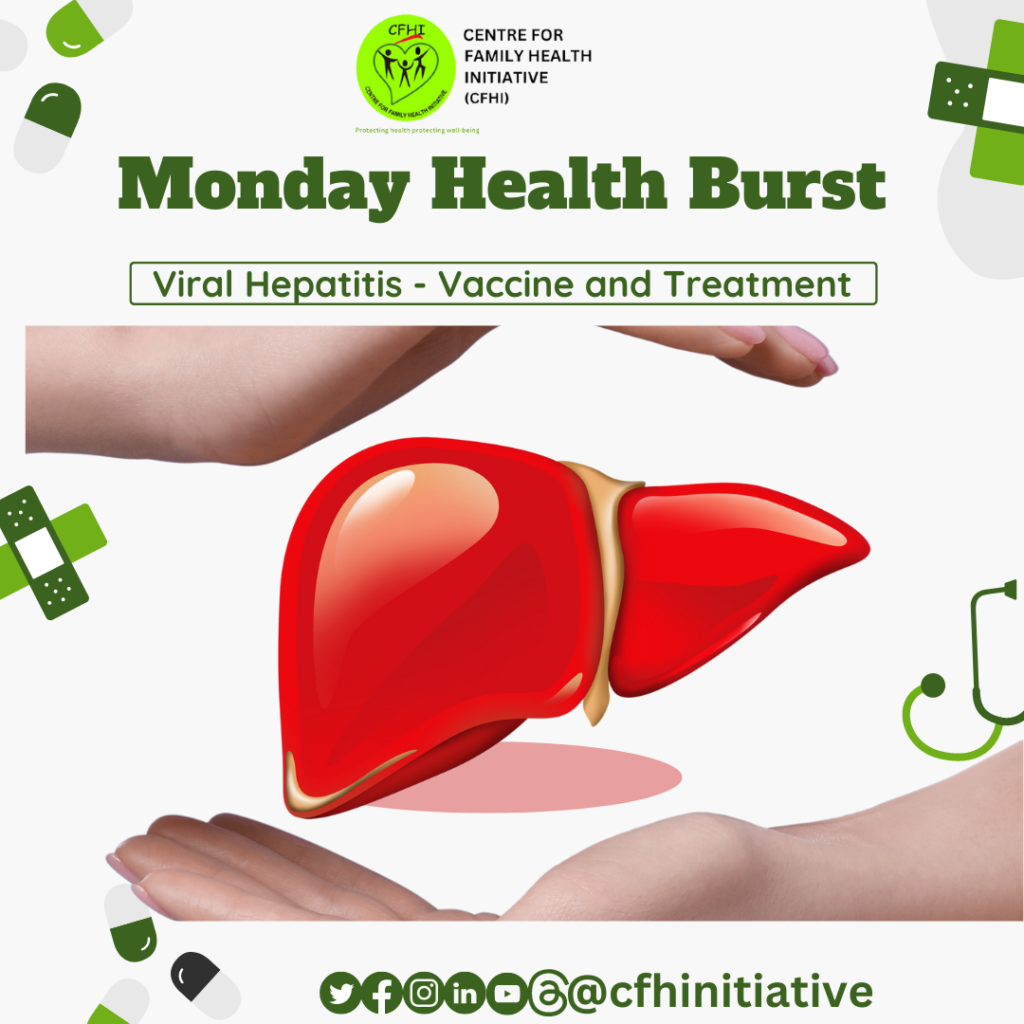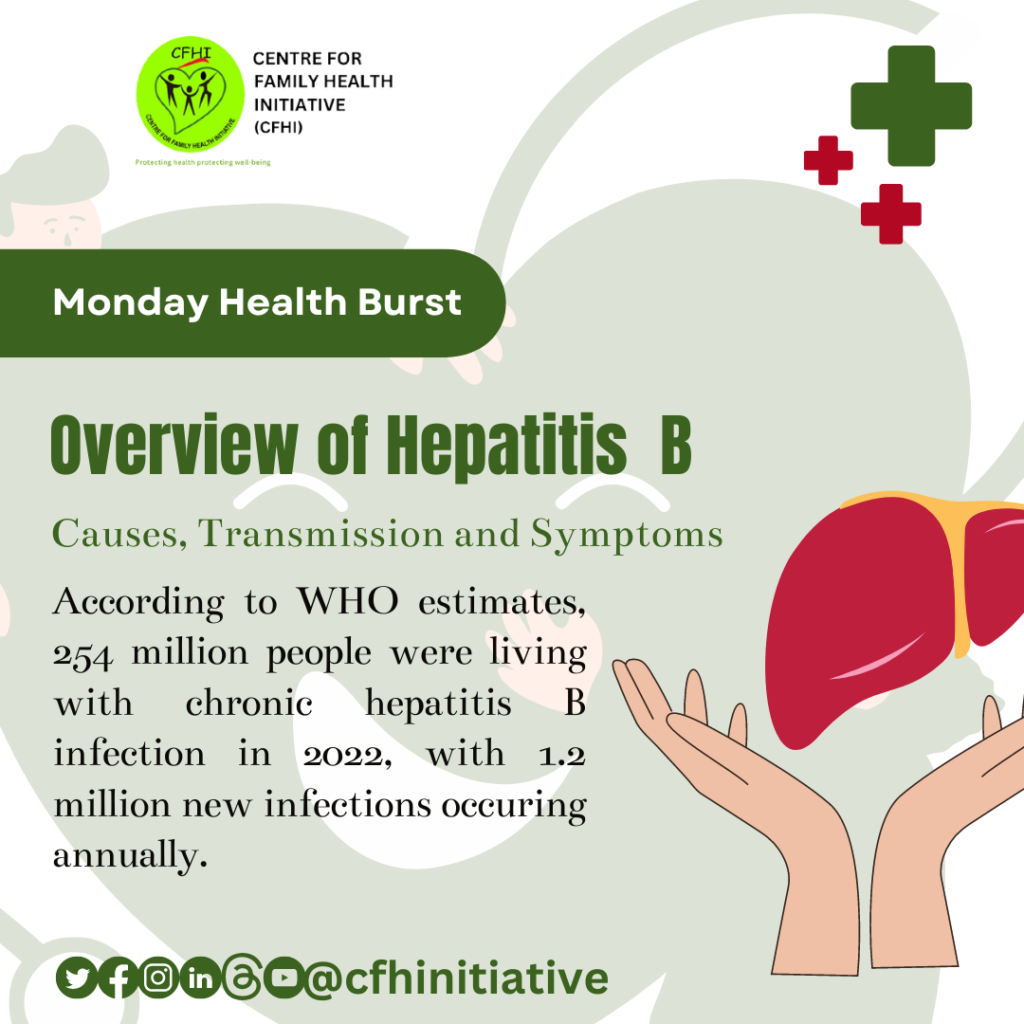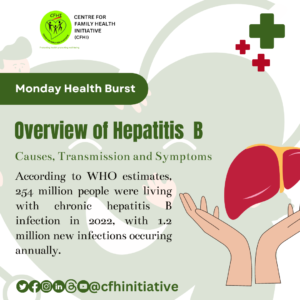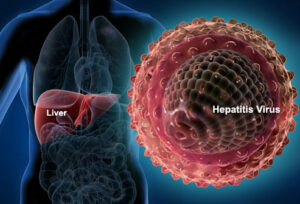MONDAY HEALTH BURST ON VIRAL HEPATITIS – VACCINE AND TREATMENT
Hepatitis, a viral infection affecting the liver, poses significant global health challenges with various strains leading to potentially severe consequences. Vaccination has proven to be a critical tool in preventing the spread of Hepatitis A and B, while advancements in medical treatments offer hope for those afflicted with Hepatitis C.
Hepatitis A
Vaccine:
The Hepatitis A vaccine is highly effective and is recommended for children over one year of age, travelers to regions with high Hepatitis A rates, and individuals with chronic liver disease. The vaccine is administered in two doses six months apart.
Treatment:
There is no specific treatment for Hepatitis A, as it typically resolves on its own. Supportive care includes rest, hydration, and maintaining a nutritious diet. Patients are advised to avoid alcohol and drugs that can further harm the liver.
Hepatitis B
Vaccine:
The Hepatitis B vaccine is crucial for preventing infection and is administered in a series of three or four shots over six months. It is recommended for all infants at birth, healthcare workers, and individuals at higher risk of exposure.
Treatment:
According to the CDC, there is currently no medication for acute hepatitis B. For mild symptoms, doctors recommend rest, proper nutrition, and adequate hydration. In cases of severe symptoms, hospitalization may be necessary 1. Chronic Hepatitis B may require antiviral medications to reduce liver damage and the risk of liver cancer. Common antivirals include entecavir and tenofovir. Regular monitoring and liver function tests are essential for managing the condition.
Hepatitis C
Vaccine:
Currently, there is no vaccine for Hepatitis C, making prevention through other means, such as safe injection practices and blood screening, vital.
Treatment:
Hepatitis C treatment has advanced significantly with the development of direct-acting antivirals (DAAs). These medications can cure most cases of Hepatitis C, typically within 8 to 12 weeks. Common DAAs include sofosbuvir, ledipasvir, and velpatasvir. Early diagnosis and treatment are crucial to prevent complications such as liver cirrhosis and liver cancer.
Vaccination remains a key preventive measure for Hepatitis A and B, while effective treatments are available for managing and curing Hepatitis B and C. Public health efforts focus on increasing vaccine coverage, improving access to treatments, and promoting safe practices to reduce the incidence of hepatitis infections globally.
REFERENCE:
https://www.cdc.gov/hepatitis-b/treatment/index.html
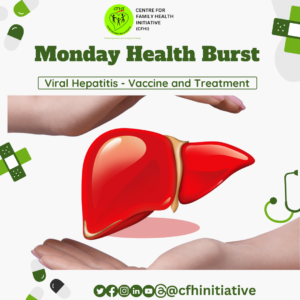
MONDAY HEALTH BURST ON VIRAL HEPATITIS – VACCINE AND TREATMENT Read More »

